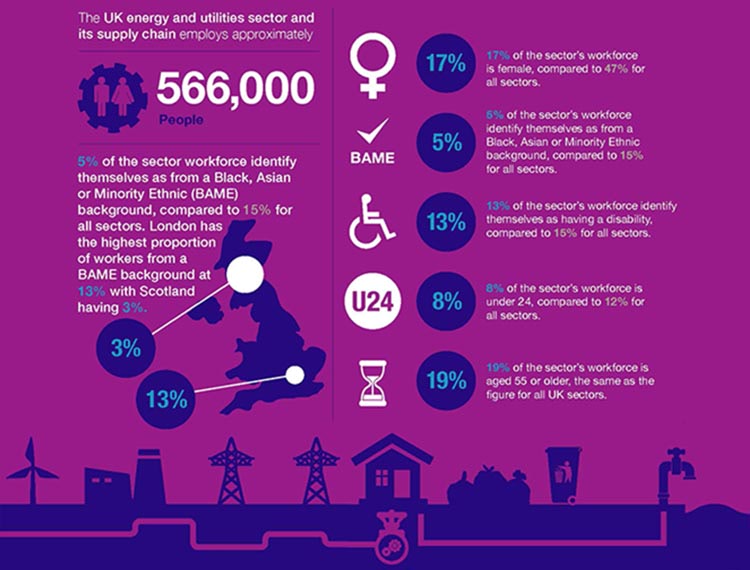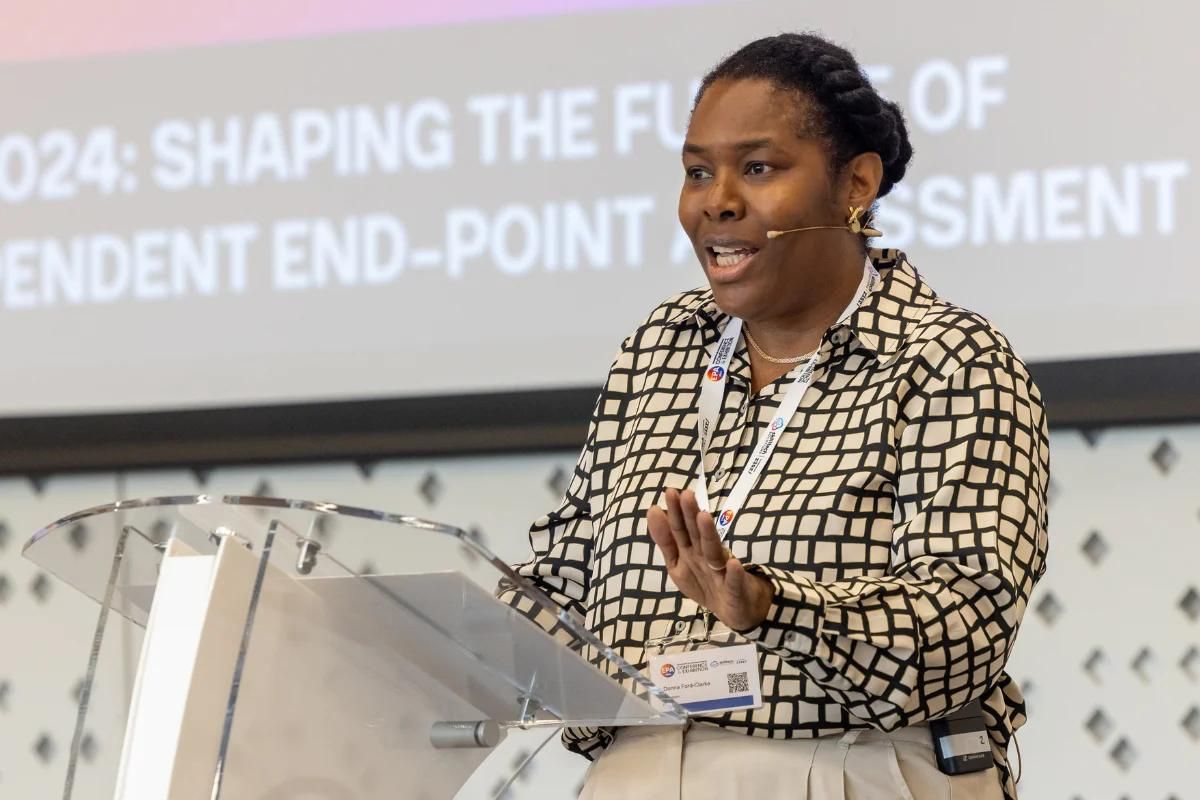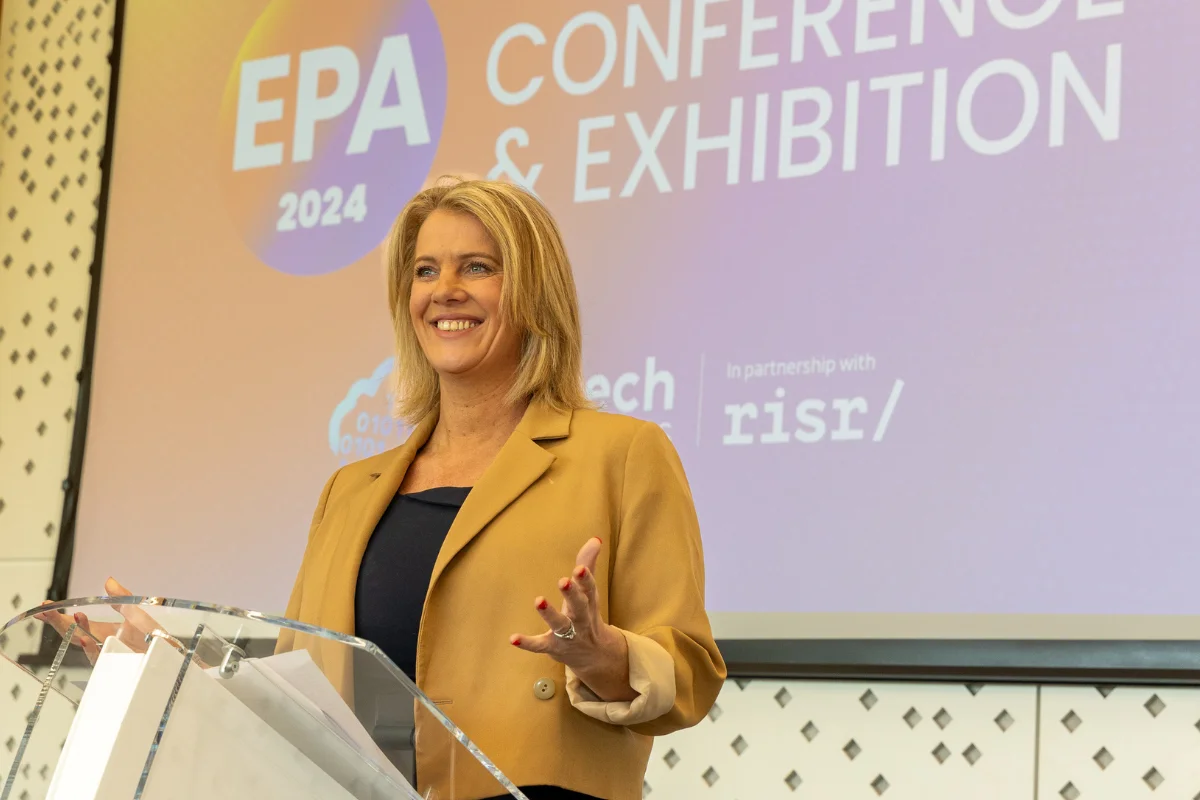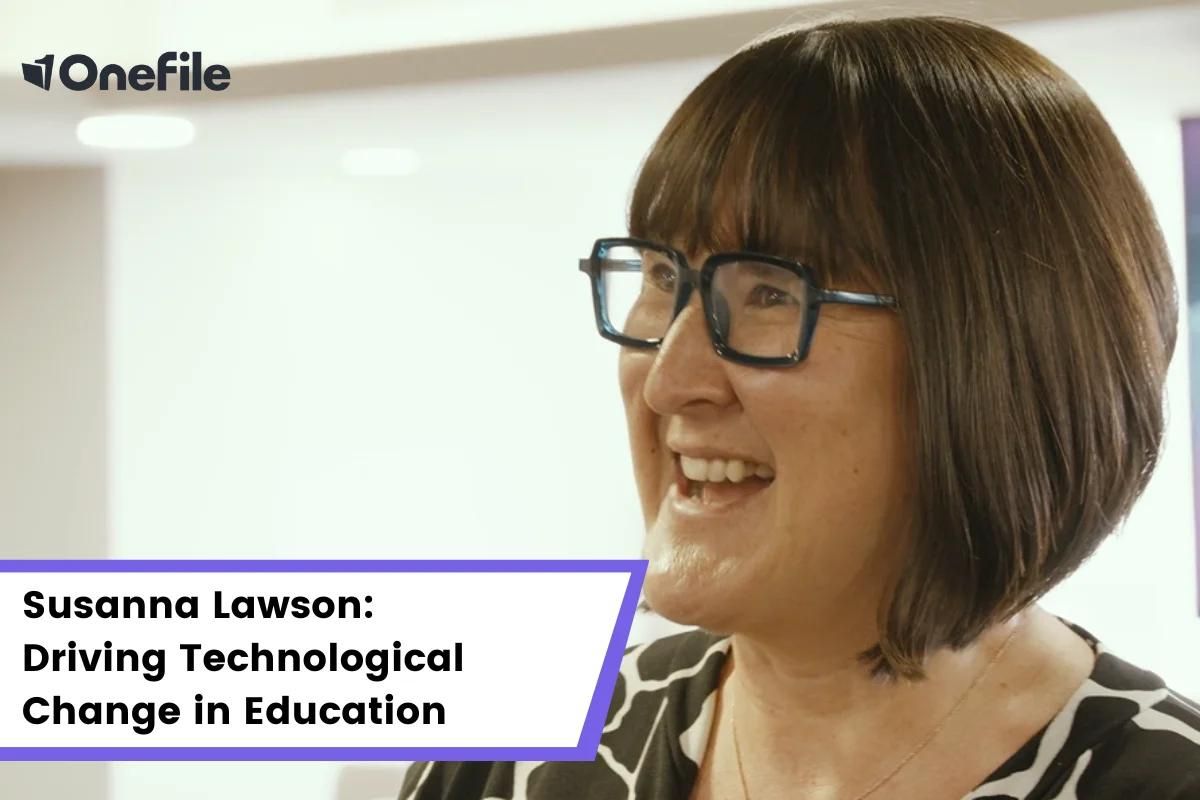Leading energy & utilities CEOs launch “The Inclusion Commitment” to help promote #STEM skills

Leading energy & utilities CEOs launch a sector inclusion commitment.
CEOs from 32 of the country’s leading energy and utilities employers today (11 Feb) launch a sector Inclusion Commitment that is a long-term commitment to attract more diverse and inclusive talent into their industry, reflecting the communities they serve.
The Energy & Utilities Skills Partnership, led by sector employers, recognised in its Workforce Renewal and Skills Strategy: 2020 that its current workforce fails to fully represent the 65 million people it serves every day.
It’s no great surprise that 83% of the sector’s workforce are male, compared to 47% for all sectors nationally. Women, people with disabilities, the BAME community and under 24s have traditionally been under-represented in the energy and utilities sector, compared to national averages.
To tackle this challenge, and to build a resilient workforce for the future, 32 leading employers have committed themselves to drive change and work collaboratively to attract, recruit and retain a more diverse talent to the sector. Employing around 566,000 people across the UK, the sector will need over 221,000 new recruits to fill its expected skills gap by 2027.
The commitment will challenge the sector to act and think differently and aims to inspire and connect with underrepresented groups, attracting new talent and ideas into the energy and utilities sector.
It is underpinned by five principles* that commit to working collaboratively and sharing best practice, whilst creating an inclusive culture that enables us to attract, recruit and develop our people in a way where progress can be measured and transparent.
Nick Ellins, Chief Executive, Energy & Utility Skills Group said:
“Through the inaugural skills strategy, led by the Energy & Utilities Skills Partnership, the UK’s utilities and their contractors have set out their ambition to enhance the diversity of their workforces and be ever more inclusive. T his new commitment is a framework. It starts the collective action to help the sector workforce better mirror the communities it serves and secure the unquestionable benefits that result from having vibrant, truly inclusive and diverse teams.”
Basil Scarsella, Chair of the Energy & Utilities Skills Partnership Council said:
“The Inclusion Commitment is an opportunity for all of us in the Energy & Utilities Skills Partnership to develop workforces that reflect the communities we all serve and tackle the challenge of increasing diversity head on. We are very keen to share best practice and drive change through proactive, transparent measures.”
Proactively working with and attracting under-represented talent will be crucial to ensuring a resilient, future-proofed workforce that is a vital part of improving UK productivity and growth. Government will invest more than £425 bn (billion) in over 600 major projects across the UK (to 2020/21 and beyond).
Nearly half the projects in this pipeline are assigned to electricity, gas, water & sewerage, and waste, making the energy and utilities sector the largest single contributor to government’s UK infrastructure strategy.
The Inclusion Commitment & Principles
The 32 employers have committed to ensuring the Energy and Utilities sector workforce is inclusive and diverse:
- Being inclusive enables our sector to attract and retain the diverse talent that is crucial to ensuring a resilient workforce.
- Being inclusive will help us to more innovative and achieve greater productivity by adapting to our changing environment.
- Having a diverse workforce ensures we are reflective and inclusive of the customers and communities we serve.
Five Principles:
To meet our inclusion commitment, we will:
- Work collaboratively as a sector to drive change, challenging ourselves to do things differently, by sharing best practice and delivering sector priorities
- Focus on inclusion in its entirety, however our sector history requires targeted sector action to start by increasing gender, BAME and disability workforce representation.
- Measure and be transparent about progress in our individual organisations and as a sector.
- Ensure we create the culture we need to attract the workforce of tomorrow.
- Be inclusive in the way we attract, recruit and develop our people.
The Energy & Utilities Skills Partnership is a collective of 28 leading sector employers who are working together to “ensure a safe, skilled and sustainable workforce provides the essential services that our customers seek and meets the UK’s needs from the energy and utilities infrastructure.” Established in 2016, the Skills Partnership has acted to address sector workforce needs, most notably with the inaugural Workforce Renewal & Skills Strategy, launched in February 2017. The Skills Strategy was the first-ever sector-wide strategic plan for the continued delivery of clean water, waste removal, power and gas to consumers and businesses across the UK.
The partnership is supported by Energy & Utility Skills, a membership organisation that brings together industry leaders to identify and address workforce resilience challenges within the sector.
Employers
Employers signed up to the inclusion commitment are listed below:
- Amey
- Anglian Water
- Balfour Beatty
- Cadent Gas
- Centrica
- Clancy Docwra
- Dŵr Cymru Welsh Water
- E.ON
- Energy & Utility Skills
- Essex & Suffolk Water
- FCC Environment
- Keltbray
- Kier
- Morrison Utility Services
- National Grid
- Northern Gas Networks
- Northern Powergrid
- Northumbrian Water
- ScottishPower
- Scottish Water
- SES Water
- SGN
- Siemens
- South West water
- SSE
- Thames Water
- UK Power Networks
- United Utilities
- Veolia UK & Ireland
- Viridor
- Wales & West Utilities
- Yorkshire Water











Responses